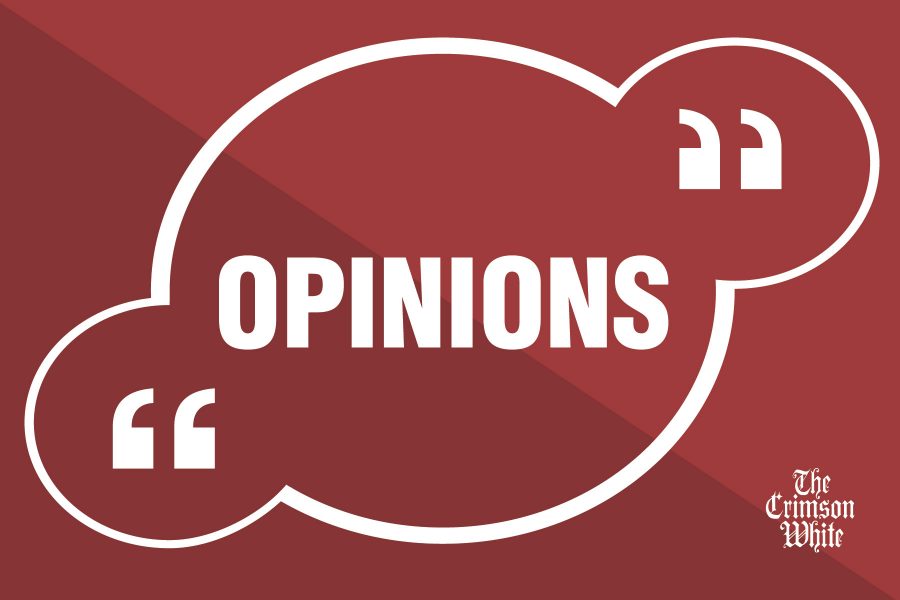As the semester wraps up and the focus slowly shifts to next fall and the upcoming football season, the campus goes through a period of change. Freshmen become sophomores, and student organizations pick new leadership positions. I’ve been on both sides of this process by now, and I’ve seen some patterns start to emerge.
Yes, people are more likely to get chosen for leadership positions if they have a history of dedicated, effective work. However, people are also more likely to be chosen if it’s their friends doing the hiring, even when they are not the most qualified for the job. This goes beyond student organizations; plenty of hiring managers stress company “fit” in interviews.
The tech industry is one of the most prolific in terms of hiring “friends.” Company culture plays a large role in hiring decisions, with fit often touted as a deciding factor when it comes to who to bring on board. That leads to a lack of diversity. In 2015, blacks and Hispanics made up a combined 31 percent of the U.S. population, according to the 2010 census. Yet at Google, the standard-bearer for the tech industry, only 9 percent of new hires in 2015 were black or Hispanic.
In a paper published in the Personality and Social Psychology Bulletin, researchers found that students overwhelmingly choose to sit next to other students that share physical characteristics, such as race, sex, hair color and even whether or not they are wearing glasses. Additionally, students with similar physical characteristics were more likely to interact with each other.
This is concerning. When we seek out people who look like us, we miss out on the chance to foster friendships with people who are different from ourselves. When we don’t have friends who look different than we do, and we hire our friends, we hire people that look just like we do, and miss out on the insights and insights of people with different world views and experiences.
Working with your friends has its benefits. You likely already know their strengths and weaknesses, and have a good idea of their work style and skills. But in reality, hiring your friends is doing a disservice to your organization and the numerous qualified candidates that you turned down.
You also lose one of the best things about keeping your obligations separate from your friends; the ability to complain. While I’ve loved all the student organizations I’ve been a part of, every single one of them has frustrated me on occasion. When it’s your friend who’s causing the frustration, it can leave you with nobody to turn to. Or, when it’s someone else in the organization that’s frustrating you, complaining to a friend is now hurtful gossip instead of harmless venting.
Hiring your friends is easy. Finding the best candidate for the position is hard. When you already know someone thinks the way you do, it’s an easy choice to pick them for a position. You know what they’re going to do. However, that person may not be the most qualified, or the best for the job. It’s a rare situation where “thinking like I do” should be the primary criteria for hiring.
I understand that, to some extent, this is how the world works. People leverage connections to get jobs all the time. But if you’re ever in the situation where you’re choosing someone for a position, I urge you to look past the easy choices. Really define the qualities necessary for success, and then make a concerted effort to reach out to more candidates. Your organization will be better for it.
Danny Pelavin is a senior majoring in political science and history. His column runs biweekly.






